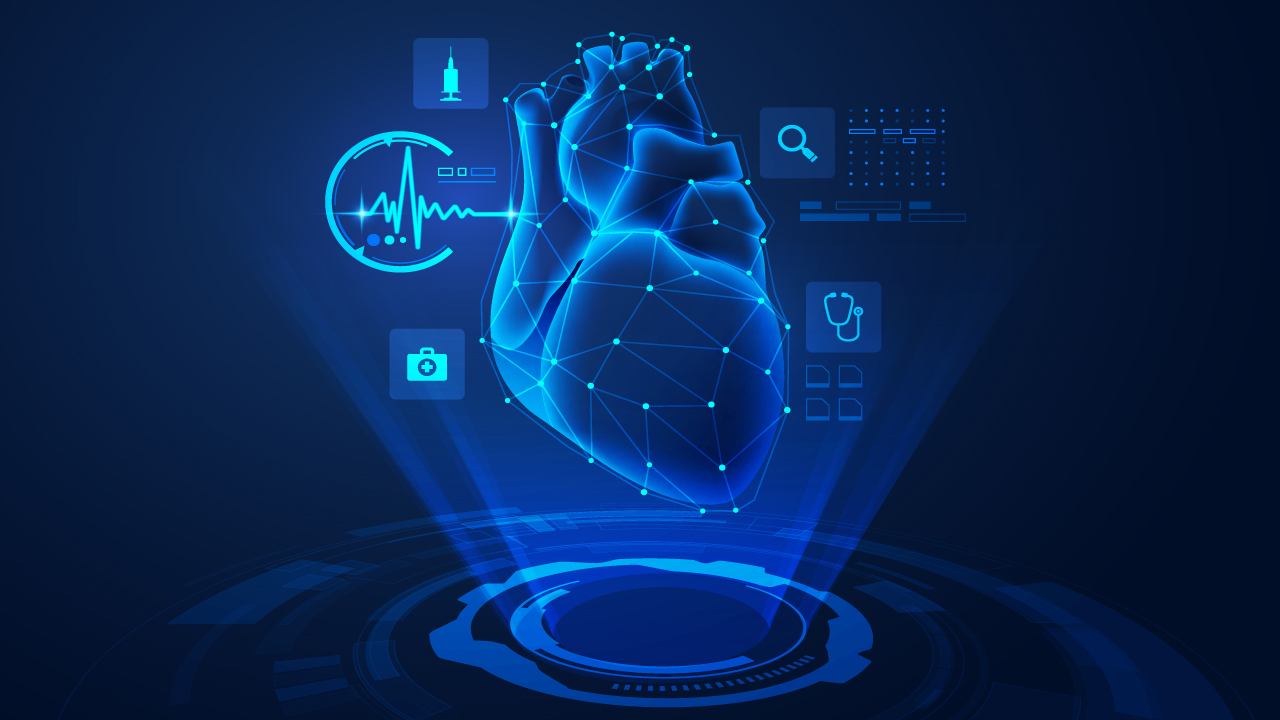The healthcare industry is a complex sector that is always evolving, with extremely high stakes. Therefore, healthcare professionals need to stay current on advancements in diagnosis, drugs, procedures and treatment. The industry’s top priority is to prevent serious illnesses and help patients recover quickly. Due to this, the healthcare sector’s training demands are unique and varied. As a result, it is more important than ever to implement flexible training solutions to close the skills gap and cross-train employees.
Training via traditional methods can be time-consuming and expensive, eLearning allows healthcare professionals to stay abreast of the latest developments in diagnoses and treatments. E-learning approaches offer a beneficial way for healthcare professionals to learn efficiently and conveniently by balancing time and cost while making learning content available to learners 24/7. E-learning offers several advantages over traditional learning methods. From cost savings to anytime-anywhere access, below are the few key benefits of eLearning for the healthcare industry.
Benefits Of eLearning For Healthcare
1. Access To High-Quality Content
The healthcare sector is constantly changing and the training demands are unique and varied. Healthcare professionals work in shifts and in the highly regulated sector where new drugs and treatment procedures are introduced frequently, training is on high priority. Traditional/classroom-based training methods allow the learners to have access to a limited number of resources and is time-consuming and expensive. With eLearning, the learners can have unlimited access to various content sources, including podcasts, PDFs, videos, job aids and more. With a learning management system (LMS) healthcare professionals have access to training, assessment and feedback at their own time, working remotely and comfortably to fit into their work schedules. Also, many eLearning courses have search engines which makes it easier for learners to find information just at the time when they need it.
2. Accessible To All Types Of Learners
There are many distinct types of learners and may require unique approaches to learning. Some learners can grasp information quickly while some learners absorb information at a slower pace. E-learning courses include videos, images, audio, text, interaction, quizzes, case studies, scenario-based and animations. The information is presented in varied ways for different kinds of learners and their preferred learning styles making it easier to go through and understand each training. With eLearning, learners don’t feel pressurised to complete the module, as they are in charge of their own learning journeys. It is important that healthcare professionals absorb the information properly to fulfil their professional needs accurately.
3. Cost-Effective
Custom eLearning is cost-effective as compared to the traditional format of training, as it does not require printing and editing materials, travel expenses, hiring classroom space and instructors. E-Learning reduces the training cost substantially as there is no need to reserve a training classroom or pay an instructor and professionals can learn wherever and whenever they have free time. Thus, it increases training efficiency by reducing time to competency and increasing the learner’s confidence. Healthcare personnel benefit more from eLearning’s flexible and remote learning environment.
4. Enhanced Learning Experience
Traditional classroom learning restricts the trainer’s ability to make the content changes and make it available after the sessions. While online learning offers accessibility and provides a more interactive learning experience, making it more engaging and stimulating. Using technologies like AR, VR and gamification, trainers can create interactive learning content which allows the healthcare professionals to have a practical experience and understand the concepts clearly. Interactivity in traditional methods is limited to classroom sessions while eLearning offers interactivity through features like chat, forums or notifying the training manager to clarify doubts a learner may have.
Final Words
Healthcare is a highly competitive industry with high standards of care to deliver. E-learning has been demonstrated to be a very efficient, cost-effective, and adaptable form of training. E-learning can aid healthcare professionals by filling up knowledge gaps and bridging skill gaps. With the help of eLearning, healthcare professionals can better connect with training and establish new benchmarks for patient satisfaction.

